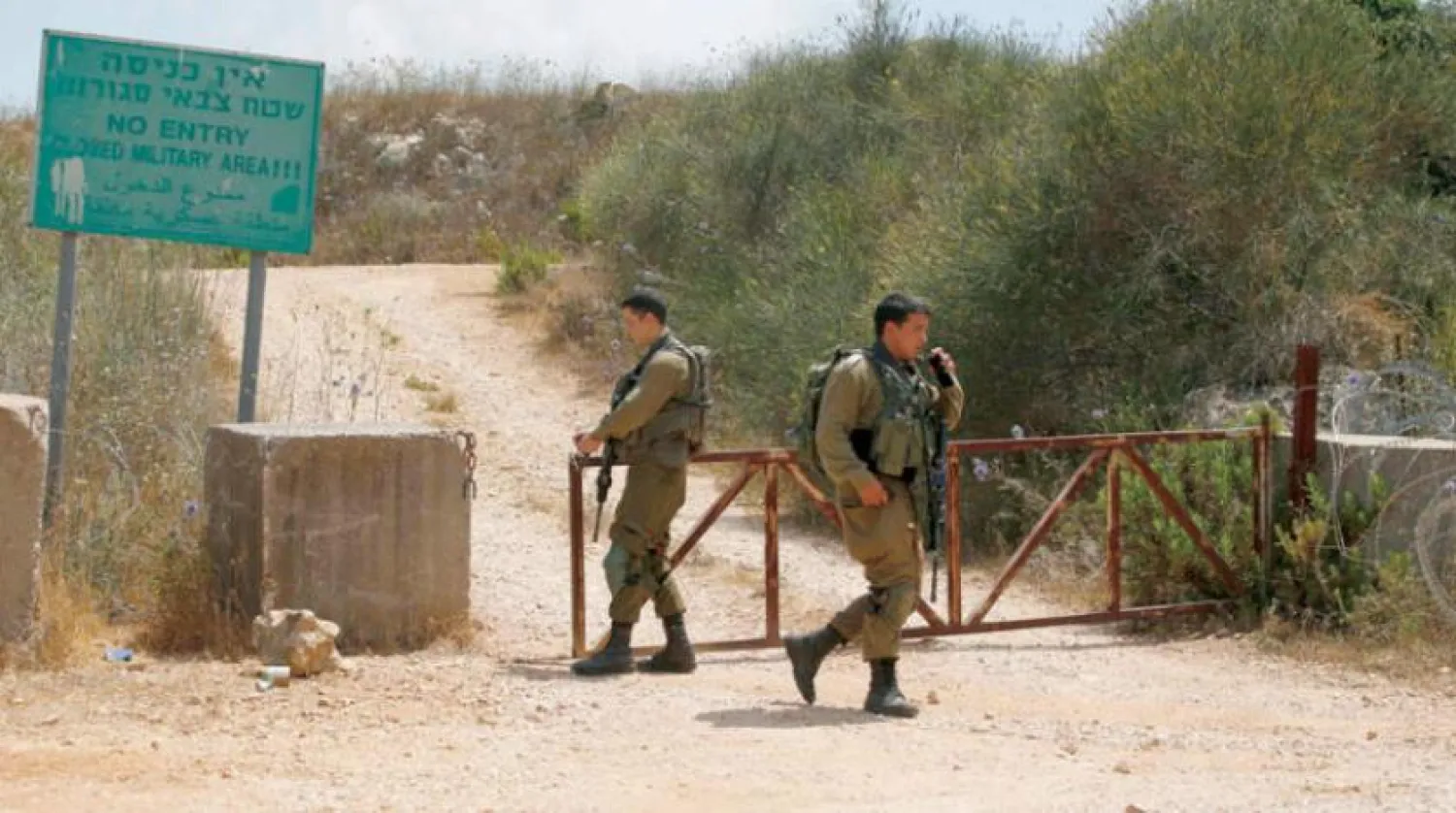The maritime border dispute between Lebanon and Israel shifted Hezbollah's strategy from "commitment to defense" to threatening Tel Aviv with an attack.
Hezbollah Sec-Gen Hassan Nasrallah warned of the outbreak of war if Lebanon was banned from extracting oil and gas from its water.
The official statements of the party's prominent leaders have always been limited to the threat of retaliation if Israel launches a war on Lebanon, but this is the first time in at least ten years that the party announced its readiness to initiate a war with Israel.
In a televised speech on Wednesday evening, Nasrallah warned: "If you do not give us our rights that are demanded by the state and if you don't allow companies to extract (oil), God knows what we will do."
He indicated that threatening and even going to war is better than living in the dire economic condition that exacerbates the Lebanese suffering.
The Sec-Gen warned that sending unarmed drones over the Karish gas field in the Mediterranean earlier this month was "a modest beginning to where the situation could be heading."
Nasrallah said the new equation is "Karish and beyond Karish."
"If you want to get to a formula where this country is barred from taking advantage (of these fields), then no one will be allowed to extract gas or oil, and no one will be able to sell gas or oil," Nasrallah said.
The expert on Islamic movements, Kassem Kassir, believes Nasrallah escalated his warnings to boost Lebanon's position in the negotiations and, at the same time, opened the possibility of an escalation if they reached a dead-end.
He told Asharq Al-Awsat that the threats are not related to the Iranian nuclear issue but linked exclusively to demarcation.
Kassir, an expert on Hezbollah matters, confirmed that the party "changed its strategy from defense to attack."
However, Lebanese political analyst Tony Abi Najm opposes Kassir, saying Hezbollah is one of the primary arms of Iran's Revolutionary Guard Corps (IRGC), and all the recent developments prompted Nasrallah to say that.
He was referring to the visits of US President Joe Biden to the Middle East, President Russian Vladimir Putin to Iran, and the Israeli drills.
Speaking to Asharq Al-Awsat, Abi Najm said he believed the circumstances on July 12, 2006, and today are "similar."
He explained that in 2006, the party initiated a military operation, contrary to Nasrallah's promises at the national dialogue held three months earlier.
He believes the previous war was launched according to Iran's timing when the military operation took place in parallel with nuclear negotiations to distract the world's attention.
Abi Najm believes the previous war benefited Iran, adding that the party "turned the country into an arena of Iran."
He linked Nasrallah's escalatory rhetoric with regional meetings, saying he does not rule out the possibility of a strike where Iran uses the weakest area to deliver its messages, adding that they may create tensions after the previous attempts failed.
Since last month, developments related to the demarcation of Lebanon's maritime border have accelerated, following the arrival of a production and storage vessel near the Karish field, which Beirut says is in a disputed area.
The US mediated negotiations with Israel to delineate a shared maritime border that would help determine which oil and gas resources belong to which country.
Hezbollah launched three unarmed drones towards the field, which Israel intercepted.
Iran is seeking to partner in the negotiations, and Russia will not allow substituting its gas to Europe from the Mediterranean, said Abi Najem, adding that this increases the chances of war, especially in October when the need for gas in Europe increases.
He stated that Nasrallah created an escalation in the region amid a global economic situation that usually leads to wars or significant settlements, noting that Europe and the US do not want war but may be forced to enter one if they are unable to extract gas from the Mediterranean to secure an alternative to Russian gas.
Lebanon called on the US mediator, Amos Hochstein, to resume negotiations after a vessel to extract oil arrived in the Karish field.
Lebanon also made a new offer to demarcate the border that did not include Karish, but it didn't reach any result.









